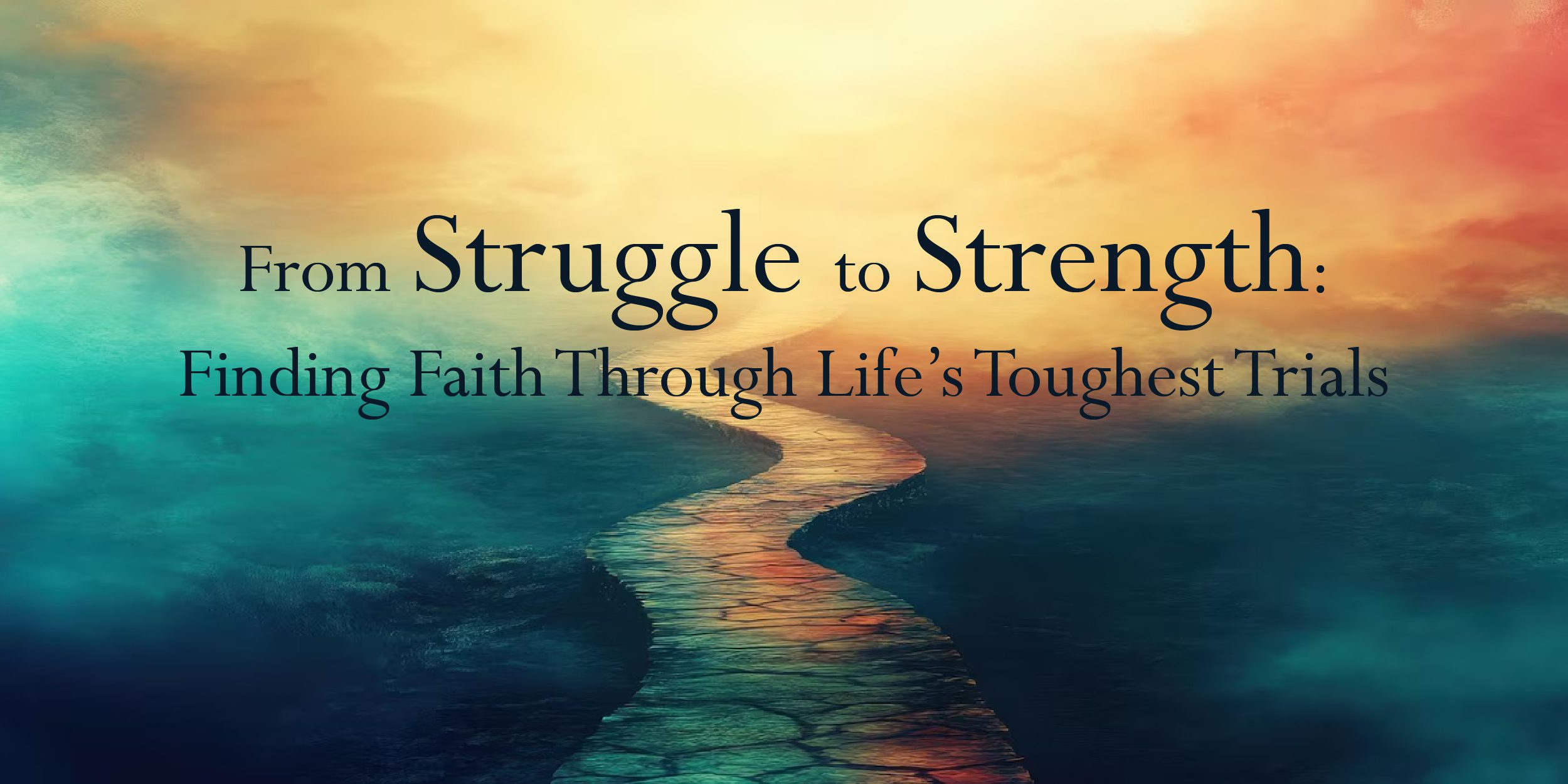There are moments in life that shake us to the core. Not the small inconveniences or daily frustrations—but those big, seismic shifts that seem to alter the very shape of who we are. A diagnosis. A divorce. The loss of someone you love. A move to a new place that feels nothing like home. These are the moments that can leave us breathless, wondering what comes next—or if we can go on at all.
It is in those moments that faith often feels both impossible and essential.
Reading A Journey of Faith and Reflection by Elisabeth Anne Frewin is like sitting down with a friend who’s been through the fire and lived to tell the tale—not with cynicism or easy platitudes, but with deep, hard-earned wisdom and grace. Her book, written in a mixture of poetry, prayer, and personal testimony, walks through seasons of pain and confusion while somehow still pointing toward hope.
In addition, not the naIve kind of hope. The kind that stands even when everything else seems to fall.
Faith does not Always Shout. Sometimes It Whispers
One of the things that makes Elisabeth’s voice so powerful is its quiet honesty. She does not try to impress. She does not tie her struggles up in a neat bow. She simply tells the truth—about living with cancer, about feeling abandoned, about being far from family, and about wrestling with the kind of questions many of us are too afraid to say out loud.
One line from her poem “Healing” stays with the readers:
“My life is like a broken tapestry, half done… all in pieces, full of holes.”
Who among us hasn’t felt like that at one point or another?
However, what is remarkable is not just that she admits to feeling torn and frayed—it is that she brings those feelings into the presence of God. Repeatedly, Elisabeth reaches out in prayer. Not polished or performative prayers, but gut-level, tear-streaked, deeply human ones. In addition, in doing so, she reminds us that we can do the same.
Faith, she shows us, does not always roar. Sometimes it is just the decision to keep showing up. To keep praying. To trust, even when it hurts.
Loneliness Isn’t Just an Emotion—it’s a Place
For many readers, one of the most touching parts of Elisabeth’s story will be her reflections on relocation. After more than 50 years living in Southern Africa, she moved back to the UK—a place that once was home, but no longer felt like it. The emotional weight of that decision—the disorientation, the grief, the sense of being a burden—is something that is not talked about enough, especially in a society that so often measures worth by productivity.
She writes, “I am back to the uselessness of when I was born—an icon of nuisance at the end of my life.”
It is brutally honest. In addition, it hurts to read. However, it is also deeply relatable for anyone who has ever felt forgotten, misplaced, or unwanted.
Still, Elisabeth does not leave the reader there. Through scripture, prayer, and continued reflection, she finds her way back to purpose—not through external validation, but through divine assurance. Her faith is not dependent on others recognizing her worth; it is anchored in the knowledge that she is known and loved by God. That reminder alone is worth its weight in gold.
When Strength Doesn’t Feel Like Strength
We love stories of triumph. The ones where people rise above adversity and become stronger, wiser, and more successful than ever before. But real life? It is not always like that. Sometimes “strength” means simply making it through the day. Sometimes it means asking for help. Sometimes it means crying out to God and hearing nothing—but choosing to believe He hears you anyway.
Elisabeth does not sugarcoat her journey. There are setbacks, sorrows, regrets, and unanswered questions. However, there is also grace. So much grace.
In addition, perhaps that is the real message of her work: that strength is not found in pretending we are okay. It is found in knowing where to turn when we are not.
Her poem “Full Circle” paints this so clearly. A life that began in rejection—being unwanted by her birth mother—seems, toward its end, to echo that same pain. Yet, in her final plea, she says:
“May God in His heaven be the one wanting me?”
That line wrecked me. In addition, healed me at the same time. Because haven’t we all, in some way or another, just wanted to be wanted?
A Faith That Grows in the Dark
Elisabeth’s reflections are not theological essays or sermons. They are lived prayers. Experiences put into words. In addition, that is what makes them powerful. She shows us that faith is not some lofty ideal—it is the thing that keeps us breathing when the weight of life threatens to crush us.
Through her poetry and stories, she gives us permission to be real. To be wounded. To ask questions. To wait. In addition, most importantly, to hope.
Your Struggle Isn’t Wasted
If you are going through a season of struggle right now—whether its grief, illness, fear, or feeling completely lost—know this: you are not alone. Your pain does not disqualify you from faith. In fact, it may be the very soil where faith begins to take root. Elisabeth’s book is not just a testimony—it is an invitation. To come as you are. To lay down your burdens. To find your way, not around the struggle, but through it—hand in hand with a God who sees you. In addition, that, in the end, is where strength truly begins.
